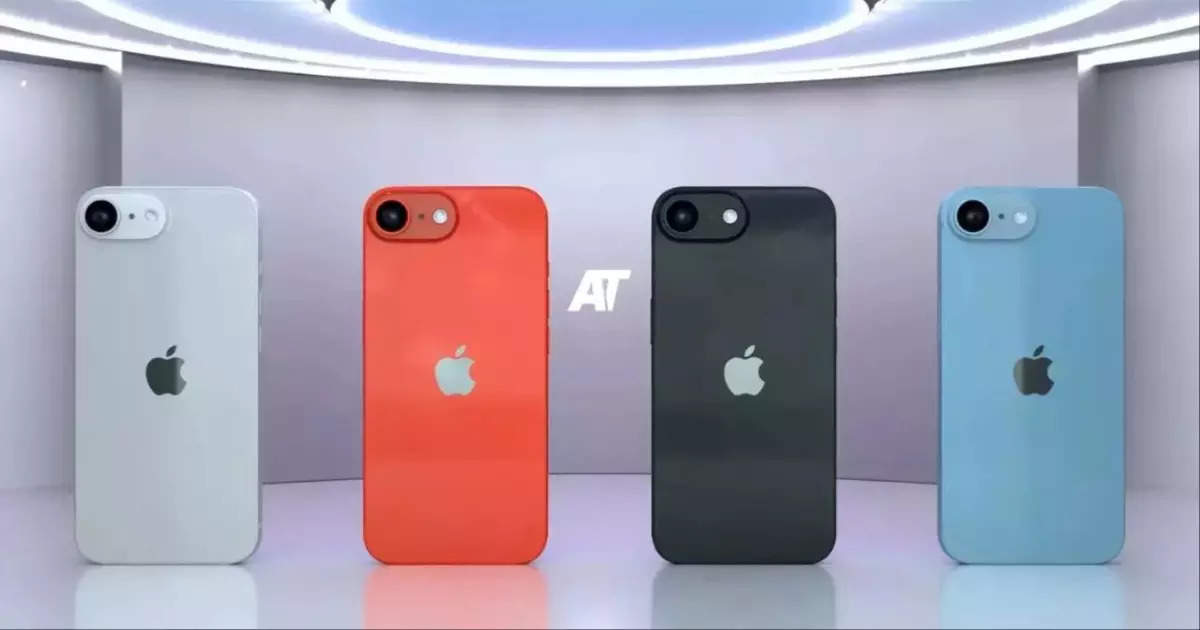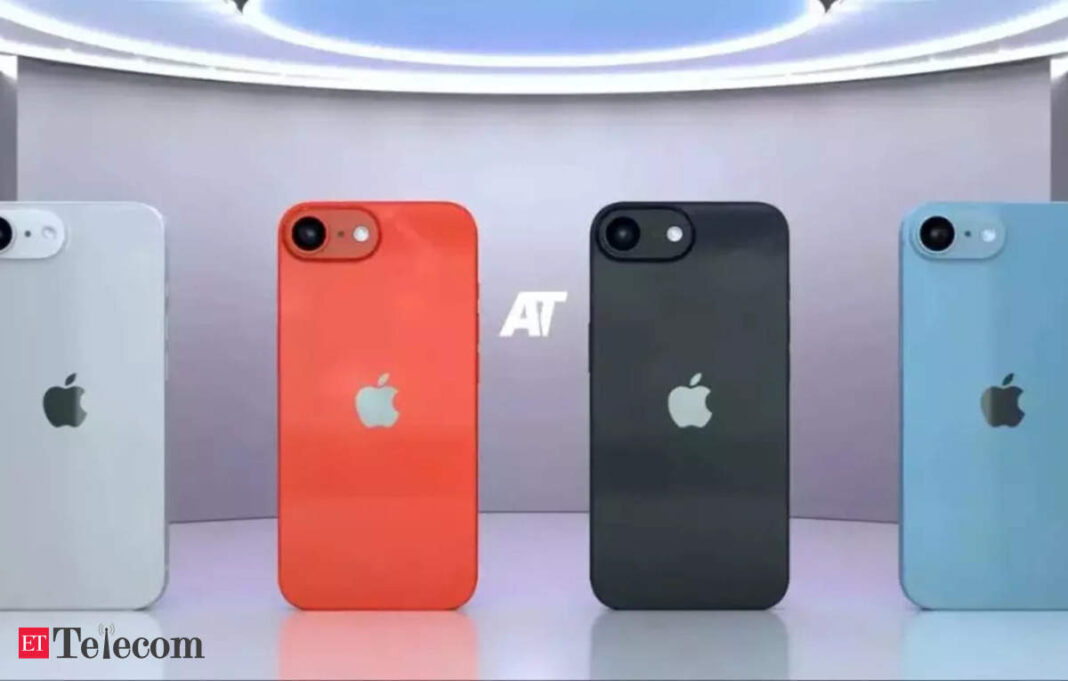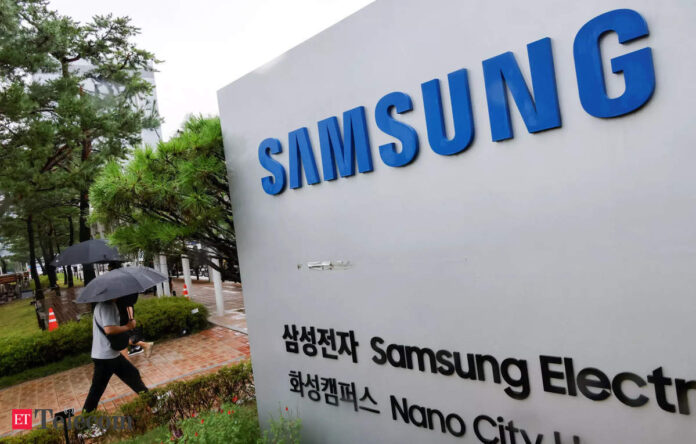In Short:
Apple recently unveiled the iPhone 16 series, which includes four models featuring upgraded “Apple Intelligence” for improved AI capabilities. While this may attract users of older models, industry experts doubt it will spark a major upgrade trend due to limited demand for generative AI. The iPhone 16 starts at Rs 79,900 in India, aiming to capture more premium market share.

New Delhi: The introduction of the iPhone 16 models is poised to generate significant interest among consumers looking to upgrade from previous versions. However, market analysts suggest that the absence of substantial demand for generative AI features may prevent Apple from capitalizing on a global upgrade cycle.
Launch Event Overview
The iPhone 16 series was officially revealed during Apple’s Glowtime event on Monday night. All four models have been designed from the ground up to integrate Apple Intelligence, as emphasized by CEO Tim Cook at the launch.
Consumer Interest and Market Predictions
According to Navkendar Singh, associate vice president of IDC India, “The iPhone 16 models will certainly invoke a lot of interest from upgrading consumers, particularly those using iPhones 12, 13, and 14. With Apple Intelligence now available on iPhones, it adds much-needed features to compete with the Samsung Galaxy lineup.”
The iPhone 16 lineup utilizes enhanced capabilities from Apple silicon and generative models created in-house, allowing users to intuitively understand and generate language and images, execute tasks across applications, and leverage personal context to streamline daily activities.
IDC forecasts that Apple will ship approximately 12.5-13 million iPhones in India by 2024, potentially bolstering its market share to over 8%, significantly surpassing the average selling prices (ASP) within the market. This launch could further solidify Apple‘s position in the premium segment, according to Singh.
Pricing Strategy
The iPhone 16 series debuted in India without altering its price structure compared to its predecessor, with the base models starting at Rs 79,900 for the iPhone 16 and Rs 89,900 for the iPhone 16 Plus. In contrast, Apple has reduced the launch prices of its Pro models, with the iPhone 16 Pro and Pro Max starting at Rs 1,19,900 and Rs 1,49,900, respectively.
Market Impact
According to Prabhu Ram, head of the industry intelligence group at Cybermedia Research (CMR), “The iPhone 16 Pro series, with its more strategic and accessible pricing, is anticipated to drive consumer upgrades in the Indian market and attract a broader demographic of consumers.” Ram also indicated that by the end of 2024, Apple could achieve an 8% volume share in the country.
Singh mentioned that older models—specifically the iPhone 14 and 15—are expected to perform well through price reductions and affordability promotions during the upcoming festive season.
Senior analyst Varun Mishra of Counterpoint Research emphasized that “The iPhone 16 is launching at a crucial time for Apple, especially with its introduction of generative AI, generating initial excitement among consumers.” He also noted the importance of this launch in the context of increasing iPhone retention periods.
Cautions on Upgrading Trends
Despite these developments, the research firm does not foresee AI features prompting a rapid upgrade cycle in the near term. Mishra stated that the current use cases presented by Apple might not be sufficiently compelling to encourage a significant number of users to upgrade their devices prematurely.
“The rollout of Apple Intelligence in both features and regional markets is expected to be staggered, so its full impact will likely materialize over time,” Mishra added. He believes that the introduction of AI features may lead to a gradual increase in iPhone revenue, rather than an immediate surge in upgrades.
Consumer Engagement and Education
Singh is optimistic about Apple‘s storytelling capabilities to convey the benefits of generative AI to consumers, stating, “Generative AI has been around for some time, but consumer understanding of its potential and transformative use cases remains limited. Apple has the opportunity to weave generative AI technology into a new user experience and present a consumer-focused narrative.”





